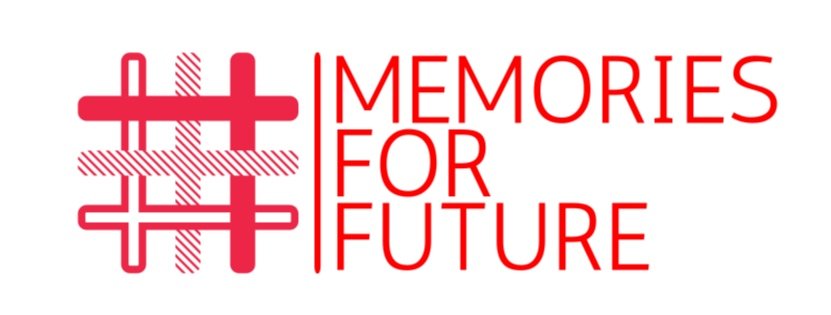Echoes of the Past: Stories of School Life at Petalax
On Friday, April 5, 2024, Petalax Secondary School hosted an expansive Human Library event specifically tailored for all seventh-grade students, who are around 13 years old. The preparation involved detailed discussions on the event's methodology with teachers, who helped devise a schedule for the day. The school supported the event by arranging coffee and lunch for the storytellers.
We collaborated with the Petalax Local History Association to engage storytellers, resulting in a lineup of eight, although one was unable to attend. Ultimately, seven storytellers shared their experiences with four classes, totaling 75 students. Each session began with an introduction to the Human Library method, followed by storytelling from two “Books” and a question-and-answer segment. The theme, "School in the Past," was chosen by our youth group, allowing storytellers to pick specific topics within that framework. Prior to the event, we organized a meeting to review the stories and their themes, ensuring a cohesive presentation.
The storytellers chose diverse topics reflecting their school experiences across different decades:
Margareta Björkholm discussed her school route and middle school days.
Kerstin Knip reminisced about school in the 1950s, focusing on handicraft lessons for girls and boys.
Bengt Sund shared his experiences starting school in the 1940s.
Ebba Carling recounted memories from school in the late 1940s.
Nina Sten described her experiences with the school bus in the 1980s.
Gunnel Westerback shared a story about a dentist visit in the 1950s.
Annina Ylikoski talked about school transport in the 1980s.
The event was a resounding success, with pupils, teachers, storytellers, and organizers all gaining new insights. The storytellers were eager to share their tales and responded enthusiastically to the students' questions, which offered comparisons to modern schooling. Teachers appreciated the program as a valuable complement to their curriculum and an effective means to highlight local history. It encouraged engagement from students who typically might not participate actively. The positive feedback has led to discussions about making this an annual event, further embedding it into the school's educational culture.





